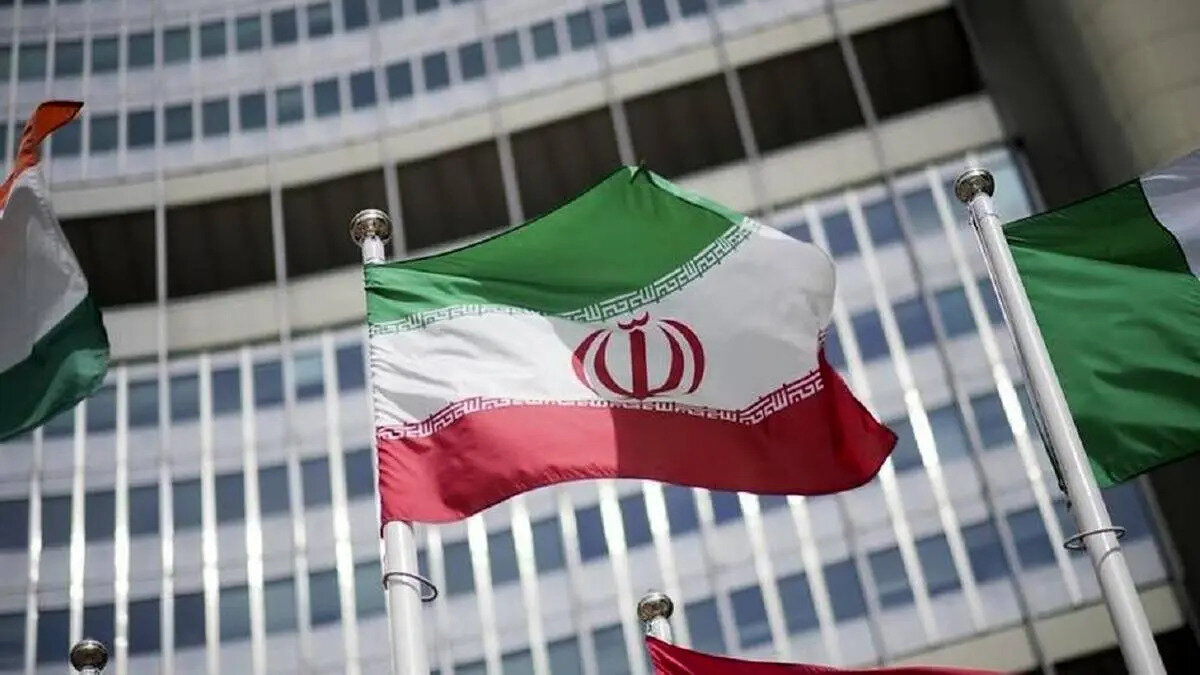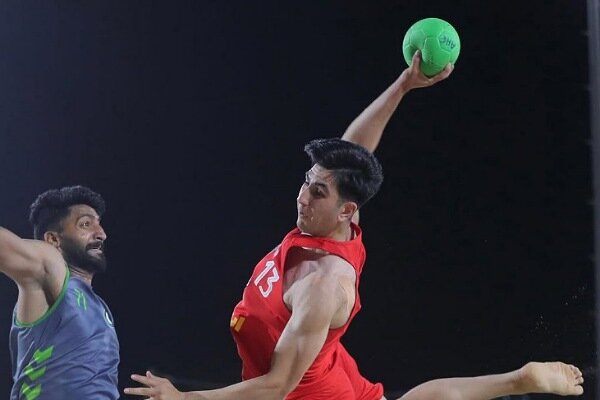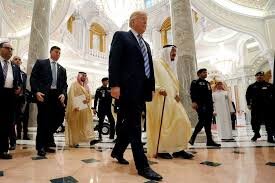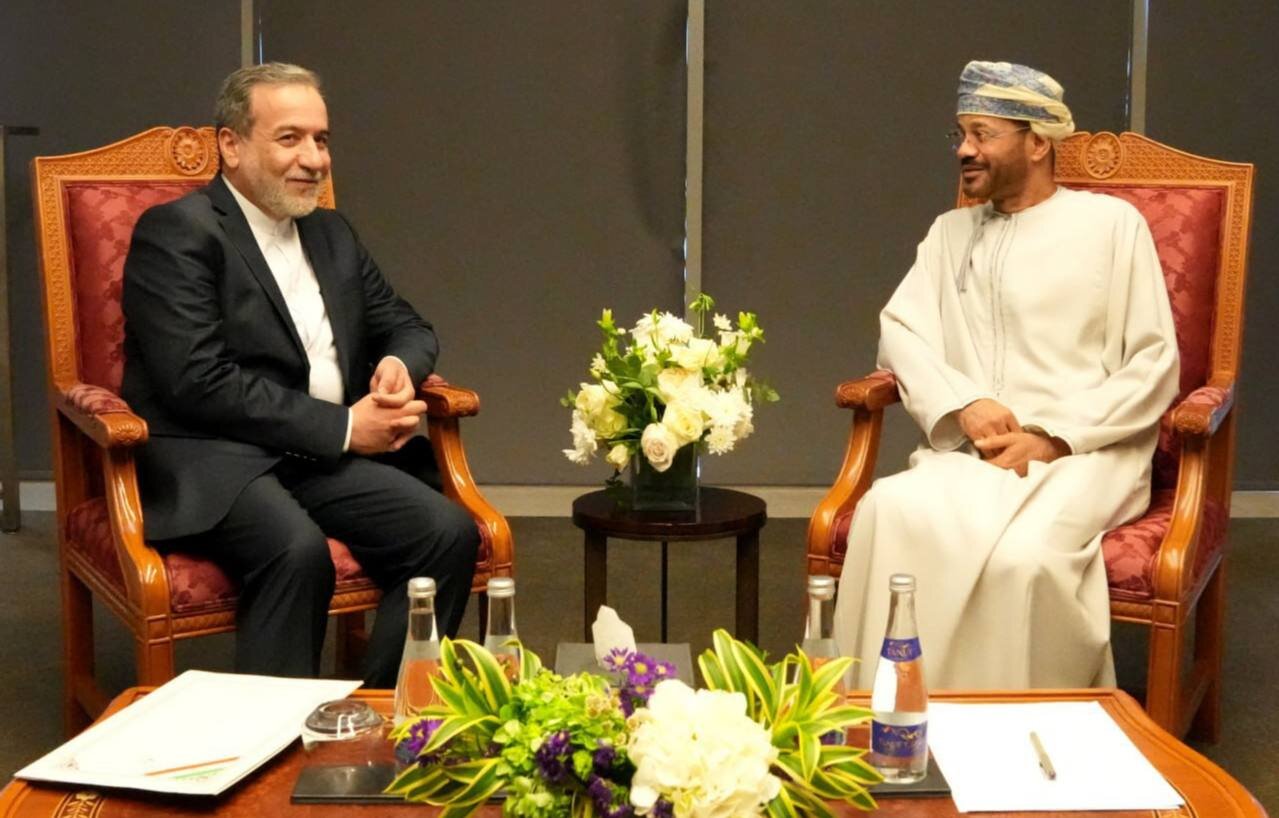
TEHRAN - In an analysis, Arman-e-Melli discussed the publication of images of a site in Iran by the spy services of the terrorist MEK group amid negotiations.It wrote: According to certain foreign media outlets, these are images of a secret nuclear facility in Iran.
All of these acts, which are in tune with the plots of Israels Benjamin Netanyahu against Iran, show that opponents of the Iran-U.S.
nuclear talks are trying to take every step possible so that Tehran and Washington cannot resolve their issues through negotiations.
Iran emphasizes that it supports the continuation of negotiations, and the Americans also insist that the Iranian nuclear issue can be resolved diplomatically.
The fourth round of negotiations between Iran and the U.S.
began in Oman on Sunday (May 11), and if the Americans do not demand a dismantling of nuclear facilities in Iran, the nuclear issue and the Iran sanctions should be considered closed.Jam-e-Jam: Failure of oil sanctionIn a note, Jam-e-Jam discussed the failure of the Wests oil sanctions on Iran and the 29th International Oil Exhibition in Tehran.
The paper said: While Western sanctions are still in place, Iran once again demonstrated itself as a stable and technological player in the energy field of the region.
This is the first time this event has been held in the current government; an event that was not only a place to introduce companies but also a sign of redefining Irans role in energy diplomacy and consolidating its self-reliance approach during the years of sanctions.
In a situation in which sanctions and external pressures were intended to impair Irans oil industry, this years exhibition showed that not only is this industry alive and dynamic, but it has also paved its way toward self-sufficiency and development by relying on domestic and knowledge-based capabilities.
This year's exhibition showed that Iran's oil industry has not stopped working and is moving towards transformation and innovation with a rising speed.
Domestic companies are filling the gaps caused by international limitations by relying on local knowledge, the governments support, a clear vision for growth, and self-sufficiency.Sobh-e-No: Israel is architect of Iranophobic deception in WashingtonFor decades, the Zionist regime, using its heavy influence on the media, Congress, and the U.S.
security agencies, has been able to present Iran as the source of all crises in the Middle East.
This process has continued since the early 1990s with repeated false narratives about Irans nuclear program, claims of interference in Arab countries, and threats against Israel.
Israels goal was to characterize Iran, which is an important regional player, as a global threat to justify Americas unwavering support for Tel Aviv, and also to prevent Iran from returning to the global economy and diplomacy.
Despite positive changes, the Zionist regime is still trying to derail the negotiation process from its natural course.
These actions include spreading false information, inciting American public opinion, pressuring senators, and even launching psychological operations against Iranian and Western diplomats.
But the difference now is that even within the U.S.
government, these malicious acts have been realized.Iran: Tehrans smart diplomatic packageThe Iran newspaper discussed the issue of nuclear enrichment in an interview with former Iranian diplomat Kourosh Ahmadi.
He said: According to Article 4 of the NPT, all signatories to the treaty, including Iran, have an undeniable right to develop nuclear technology for peaceful purposes.
Iran has always emphasized that its nuclear program is solely for civilian purposes.
The Wests pessimistic policy towards the nature of Irans nuclear program and the lack of trust have presented the nuclear enrichment program in Iran as a potential political threat.
Amidst such circumstances, Irans negotiating team must defend the countrys interests in having peaceful nuclear activities under Safeguards agreements, and on the other, it cannot turn a blind eye to the hard and unchangeable realities of the political arena.
In other words, if Iran wants to consolidate its enrichment rights in a sustainable agreement acceptable to the international community, it must use international law not as the only tool, but as part of a smart diplomatic package that has both the power of political persuasion and the capacity to build trust..
This article first appeared/also appeared in Tehran Times

 5
5
















